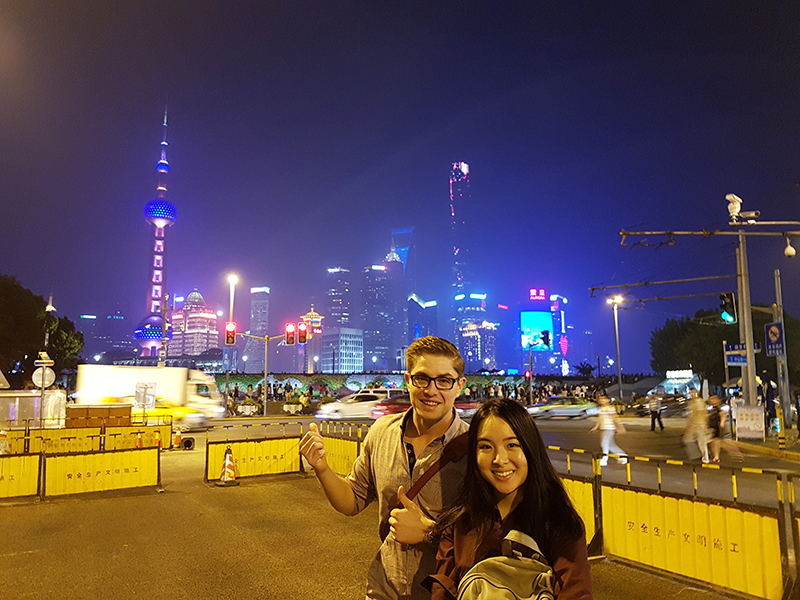We all hear about the tremendous growth China has had and the opportunities that have been created, but it’s another thing entirely to experience this first hand, and it is fascinating to compare the West’s rhetoric to the reality of what can be observed on the ground in Shanghai.
In the West, there is a prevailing sense of agreement that China is slowing down and all the opportunities that were to be made have been made. They say their growth rate is slowing down by six per cent year on year.
Hang on, what!? Six per cent?
Using the rule of 72, China will literally double in size every 12 years, and people say China has finished growing? To say the next century is anyone but China is simply not looking at the facts.
China has the second largest economy in the world, they have a tremendous resource base of both natural resources and human resources, and they have the work ethic and drive to succeed and have what the United States had last century.
This drive to achieve something great is palpable walking the streets of Shanghai and every startup I had the pleasure of meeting. An example of this drive to succeed is personified best by my boss in Shanghai, who didn’t just run one startup but ran five in total, and she ran them not necessarily to make money, but to meet new people who can help her succeed in her other companies.

This level of sacrifice and dedication is something people have lost in the West, and especially in Australia. My business mentor in Australia and I were having this conversation trying to diagnose why Australia’s capability of creating successful businesses was as high as Silicon Valley’s, but the number of startups that were being created were far less, even after adjusting for population.
Our hypothesis was Australians can work hard, but the incentive structure is not conducive to push people to do extraordinary things, unless they already have this innate drive to succeed.
In China, they have an incredible incentive structure to succeed: have a go at making something, or live in poverty. Now, I am certainly not saying that unless people want to succeed they should have the threat of poverty knocking at their door, but as an entrepreneur myself, it made me realise that if I truly wanted to achieve my dreams, then I had to work as hard and move as fast as they do in China, pushing myself beyond what I thought I needed to. Burn the boats.
Beyond learning this work ethic for success, I learned how important relationships are in business and in Chinese culture.
A classic story from one of the guest speakers on the trip is how an entrepreneur was having a meeting with a government official to get state-backing. The official then asks “Well, it looks like you have a good business case, but who do your parents know?”
A question like this would have received tremendous backlash in Western culture; ‘why does it matter who my parents know? Isn’t it about what I know?’ Absolutely not. It wasn’t a rude question, it was a question gauging the support network of the entrepreneur and the quality of the relationships the entrepreneur had because the quality of your support network is directly correlated with your level of success. Take two people who are trying to win the bid to distribute a widget in China; you may have a better distribution chain, a better price and a faster delivery time, but if you have a weaker relationship than the other person that you are trying to secure, then you will lose every time.
Participating in the China Mobility Program was the best thing I could have done at this point in my life. I grew tremendously as a person and as a businessman and learned why it is critical to position oneself to benefit in the century of China.
